
[ad_1]
When it comes to eating habits, dogs can be as varied as humans. While some dogs might gobble down anything you offer them, others can be incredibly finicky about their food. This selective eating can be due to various factors such as breed-specific dietary needs, temperament, or even a learned behavior. Some dog breeds are notorious for their picky eating habits, often requiring extra effort from their owners to ensure a well-balanced diet. Understanding these breeds is crucial for any potential dog owner who might need to invest extra time and patience in meal planning. This article explores ten dog breeds known for being particularly choosy about their food, delving into the reasons behind their picky eating habits and offering insights into their unique dietary preferences.
1. Yorkshire Terrier
Yorkshire Terriers, often affectionately called Yorkies, are well-known for their discerning eating habits. These small dogs tend to be selective about their food, often due to their sensitive digestive systems. Their small size means they require less food, but it needs to be nutrient-dense to support their energy levels. Additionally, Yorkies often develop a preference for certain flavors or textures, which can make them turn their nose up at foods they deem less appealing. Owners of Yorkies may find themselves experimenting with different types of food, including wet, dry, or a combination, to meet their pet’s specific tastes and dietary requirements.
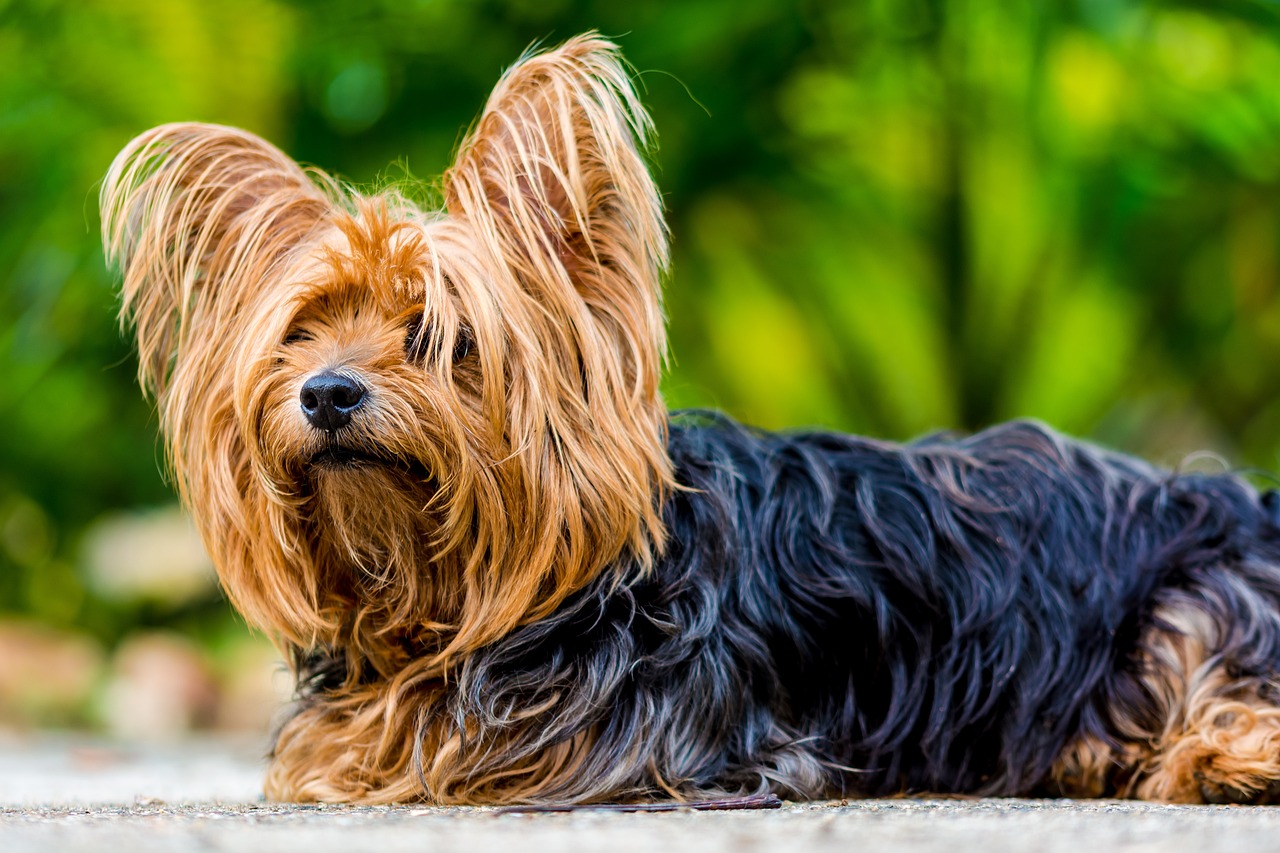
2. Maltese
The Maltese breed is another example of small dogs with particular eating habits. These dogs often prefer smaller kibble sizes due to their tiny mouths and may reject food that is too large or too hard for them to chew comfortably. Malteses can also be sensitive to the taste and smell of their food, showing a preference for certain ingredients over others. Their delicate digestive systems require high-quality, easily digestible food to avoid gastrointestinal issues. Owners of Malteses need to be mindful of their pet’s specific preferences and dietary needs, often resulting in a trial-and-error approach to finding the right food that their Maltese will consistently eat.
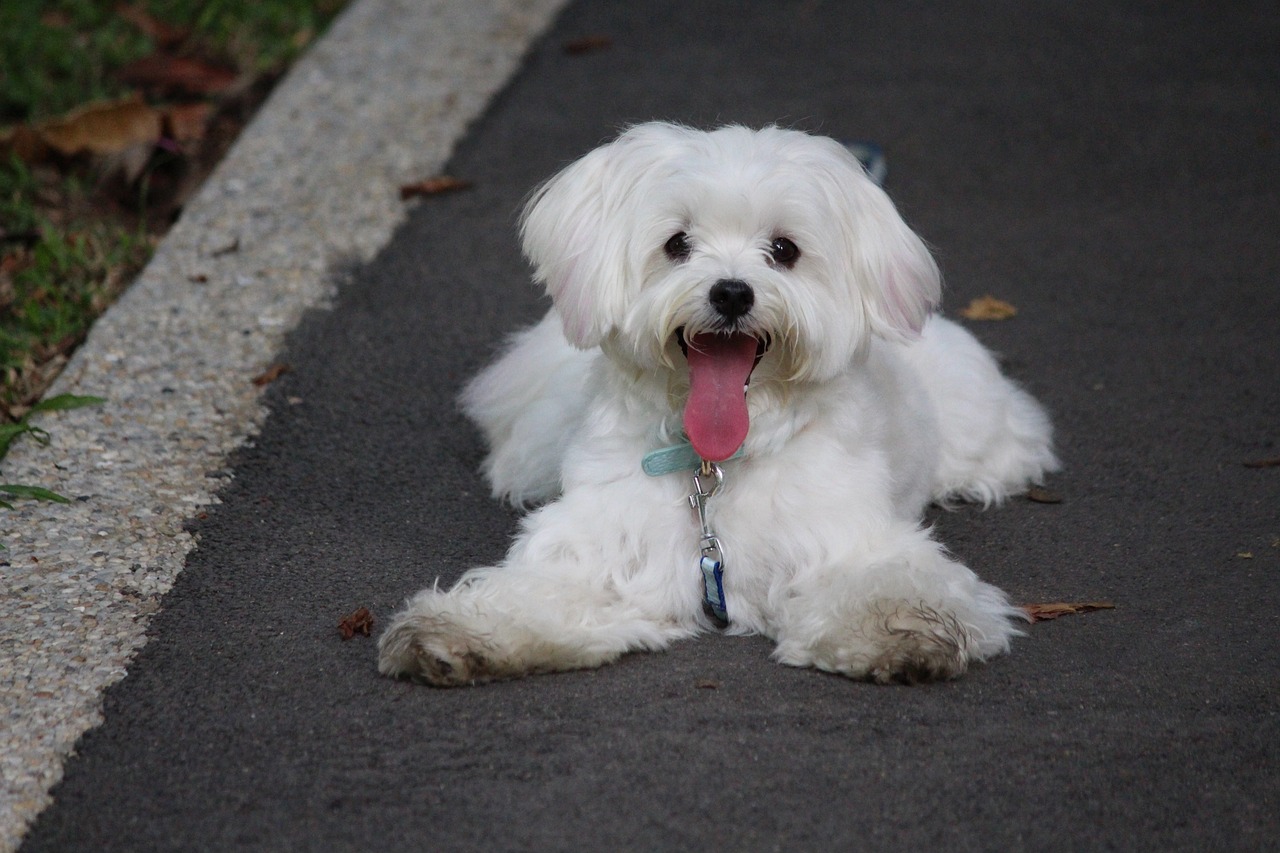
3. Shih Tzu
Shih Tzus are known for being particularly fussy when it comes to their meals. This breed can be quite selective about the taste and texture of its food. Shih Tzus might refuse to eat if they are not satisfied with the flavor or if the food is not fresh enough. Their picky eating habits can sometimes be linked to their sensitive stomachs, which require high-quality and easily digestible ingredients to maintain their health. Additionally, Shih Tzus may develop a preference for human food if they are frequently fed table scraps, further complicating their feeding routines. Owners often need to be patient and persistent, offering a variety of healthy options to ensure their Shih Tzu receives all the necessary nutrients.

4. Dachshund
Dachshunds, with their long bodies and short legs, are also known for their picky eating habits. This breed can be quite particular about what they eat, often influenced by the flavor, texture, and even the temperature of their food. Dachshunds’ selective eating may stem from their strong sense of smell, leading them to be more discerning about their meals. They may also develop a preference for human food, which can lead to nutritional imbalances if not monitored carefully. To cater to a Dachshund’s selective palate, owners often need to experiment with different types of high-quality dog foods and avoid feeding them table scraps.

5. Poodle
Poodles, known for their intelligence and elegant demeanor, can also exhibit picky eating behaviors. This breed often prefers variety in their diet and may lose interest in their food if it becomes monotonous. Poodles can also be sensitive to the texture and taste of their meals, showing a preference for certain types of food over others. Their discerning nature may require owners to rotate between different high-quality food brands or incorporate fresh, whole-food ingredients to keep their Poodle interested and ensure a balanced diet.
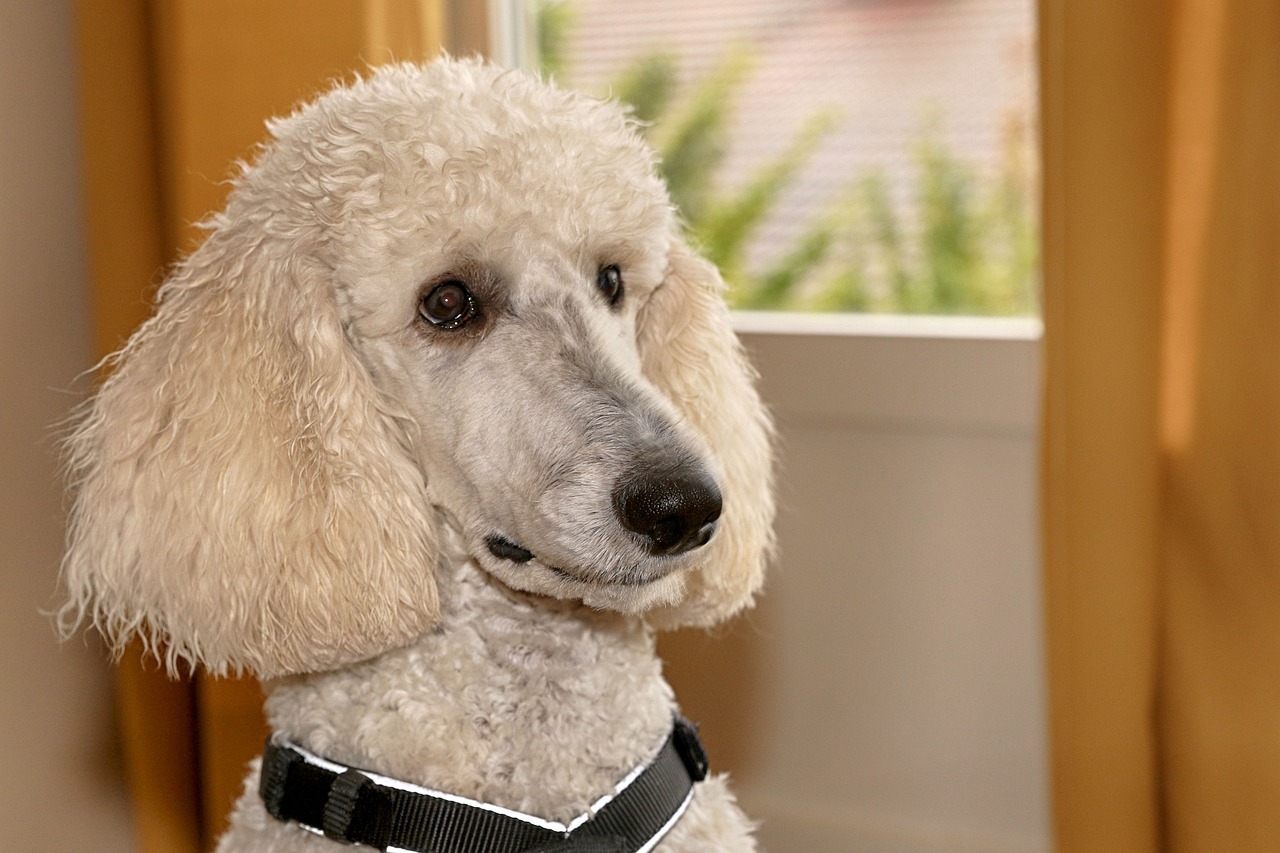
6. Cavalier King Charles Spaniel
Cavalier King Charles Spaniels are known for their regal appearance and affectionate nature, but they can also be fussy eaters. This breed might become selective due to the size or flavor of their food, and some may even prefer eating only when hand-fed. Their picky eating habits can sometimes be attributed to dental issues or a sensitivity to certain ingredients. Owners of Cavalier King Charles Spaniels need to pay close attention to their dog’s dietary preferences and health needs, often requiring creative solutions to ensure their pet eats a balanced and nutritious diet.

7. Chihuahua
Chihuahuas, one of the smallest dog breeds, are notorious for being picky eaters. Their small size means they require less food, but it needs to be nutrient-rich to support their high energy levels. Chihuahuas may refuse food based on texture, taste, or even the size of the kibble. They can also be easily spoiled with human food, leading to a preference for certain flavors and textures. Owners need to be cautious not to indulge these preferences excessively, as it can lead to nutritional deficiencies and health issues.

8. Boston Terrier
Boston Terriers, with their distinctive tuxedo-like markings, can also be quite selective about their food. This breed may exhibit pickiness due to digestive sensitivities, requiring a diet that is easy on their stomachs. Boston Terriers might show a preference for certain types of food and reject others, making it a challenge for owners to find the right balance. They may also develop a habit of eating only when encouraged or when provided with a variety of options. To accommodate a Boston Terrier’s selective eating habits, owners often need to explore different high-quality dog food formulas and consider incorporating some healthy, fresh foods to enhance the appeal of their meals.
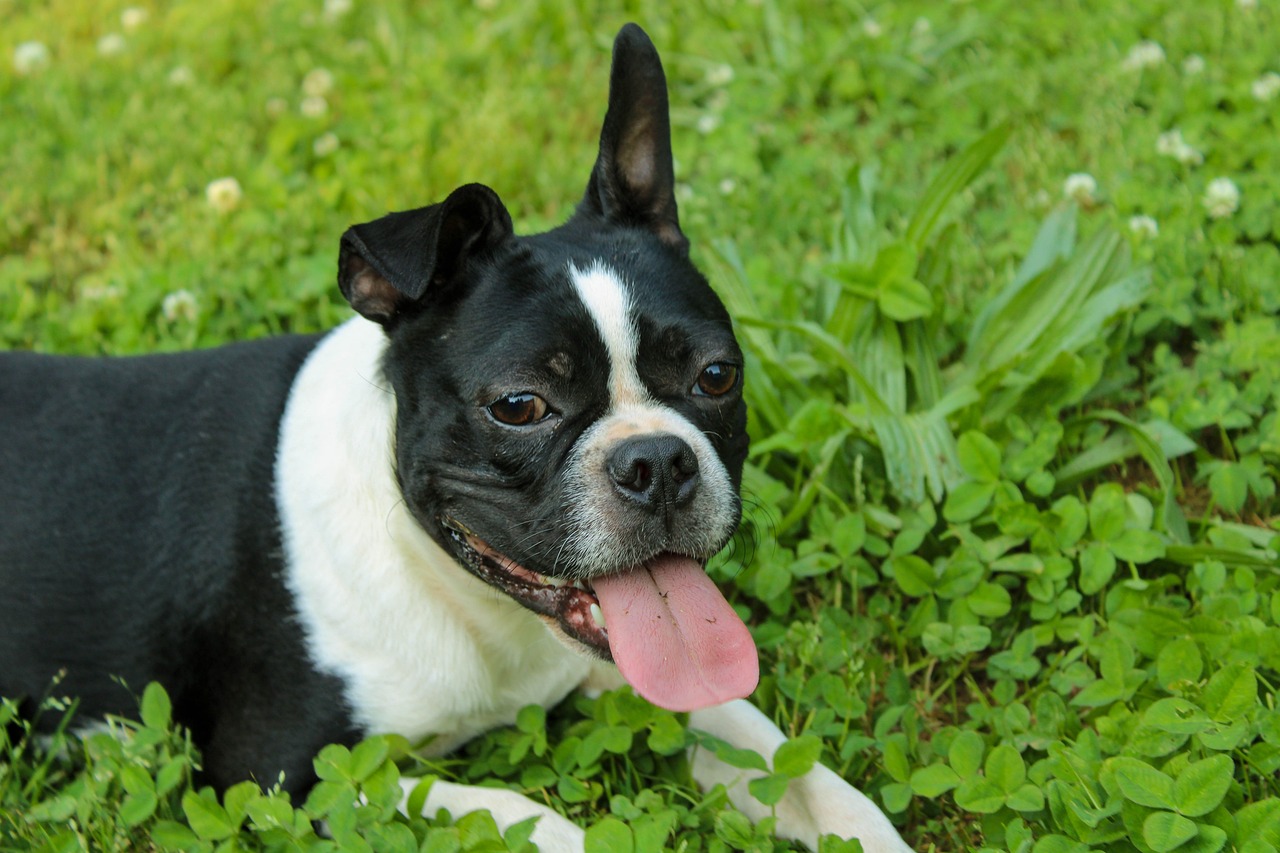
9. Papillon
Papillons, known for their elegant butterfly-like ears, are another breed that can be picky about their food. This breed’s selective eating often stems from their small size, requiring smaller kibble that is easier to chew. Papillons may also show a preference for certain flavors or textures and can be reluctant to eat if their specific tastes are not catered to. Their delicate digestive systems require high-quality, nutritious food to maintain their health. Owners may find that offering a mix of dry and wet food, or adding in some freshly cooked ingredients can help entice a Papillon to eat regularly.
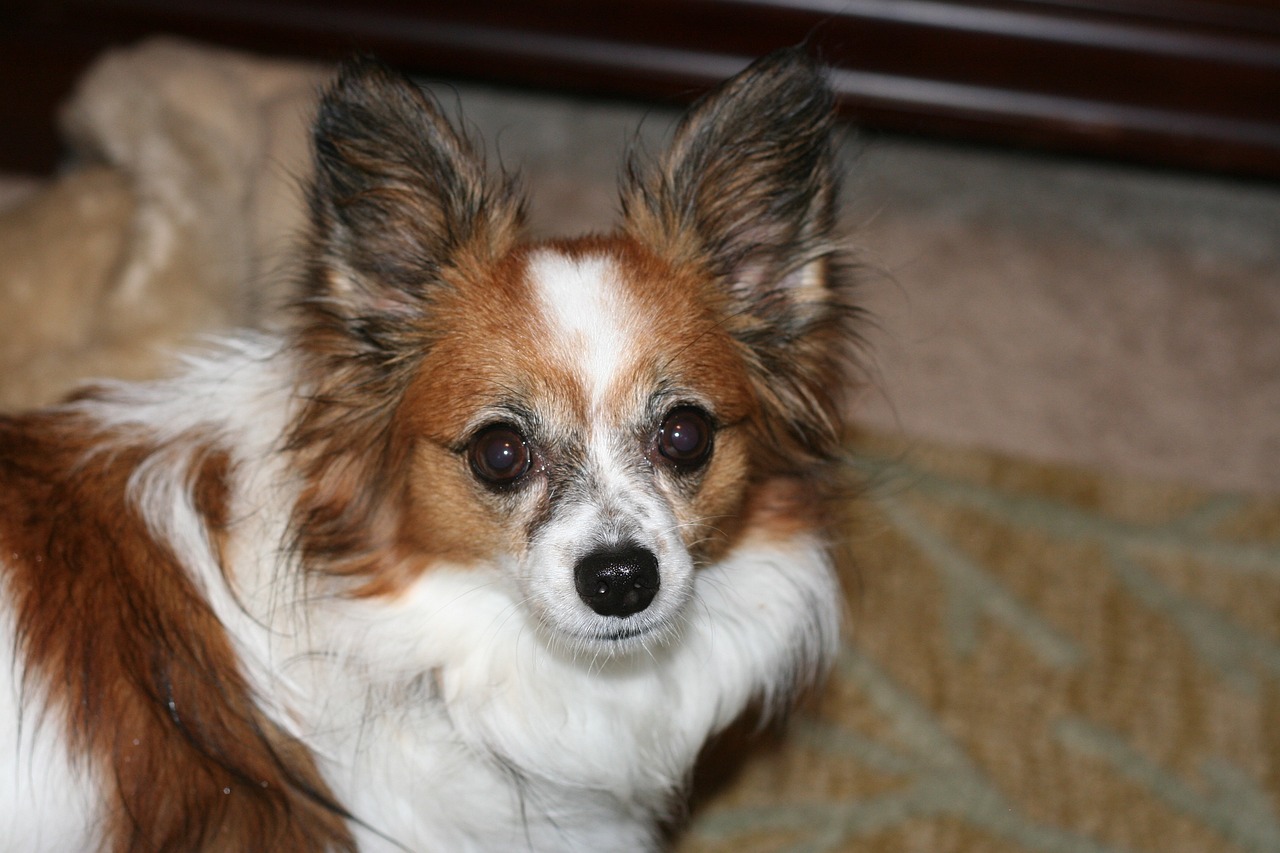
10. Bichon Frise
Bichon Frises, with their fluffy white coats and cheerful disposition, can sometimes be finicky eaters. This breed may be particular about the size and texture of their food, preferring smaller, softer kibble or wet food. Bichon Frises can also become accustomed to human food if offered frequently, leading them to turn down their regular dog food. Their picky eating habits may require owners to experiment with different types of high-quality dog foods and avoid giving in to the temptation of feeding them table scraps. Ensuring a balanced and nutritious diet for a Bichon Frise often involves finding the right combination of taste and nutrition that appeals to their selective palate.

Each of these breeds, with their unique dietary preferences and needs, presents a challenge for owners when it comes to feeding. Understanding the reasons behind their picky eating habits and experimenting with different food types and flavors can help ensure these dogs receive the nutrition they need while satisfying their discerning tastes. Owners need to be patient and persistent, and sometimes creative, in finding the right diet for their picky eaters.
[ad_2]
Source link

Leave a Reply